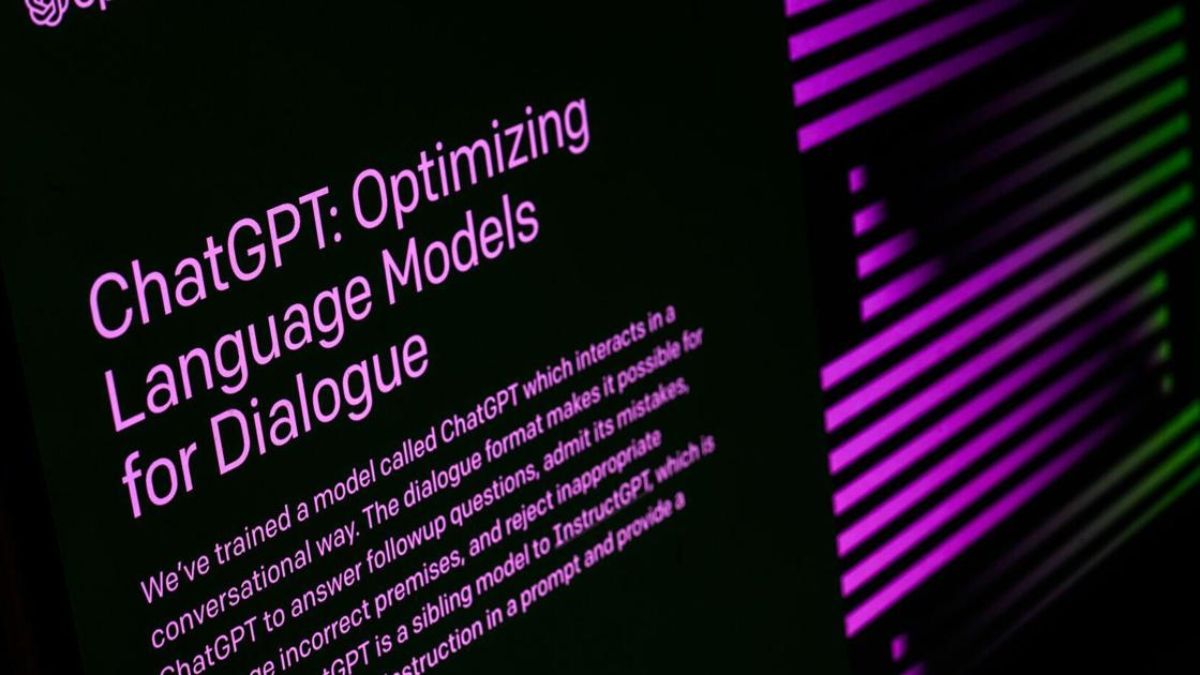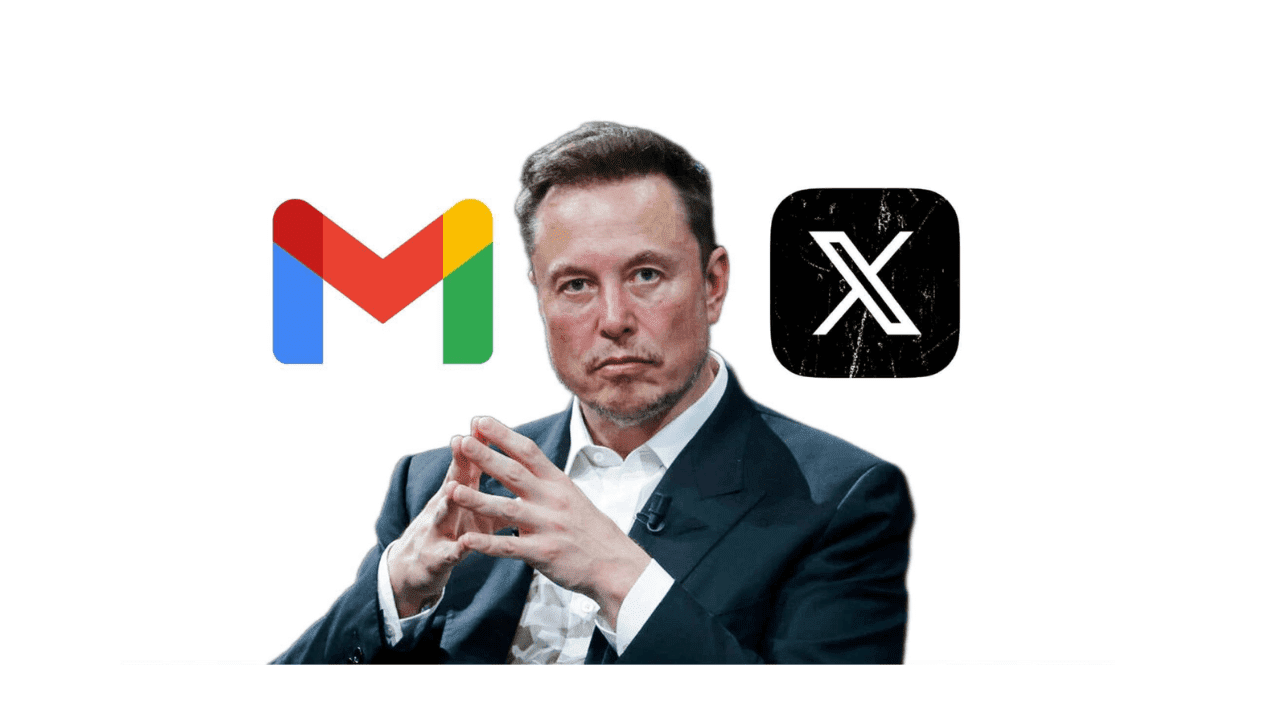US advocacy group urges FTC to halt novel OpenAI GPT releases
March 30, 2023 By Prelo Con

(Image Credit Google)
Image Source: The Times and Democrat
An artificial intelligence-focused tech ethics group has requested the FTC to investigate OpenAI for breaking consumer protection standards, claiming that the organization's launch of AI text generating tools has been "biased, misleading, and a risk to public safety."
After the publishing of a high-profile open letter calling for a halt to large-scale generative AI projects, the Center for AI and Digital Policy (CAIDP) submitted their complaint today. CAIDP president Marc Rotenberg, as well as a number of AI experts and OpenAI co-founder Elon Musk, signed the letter. Similar to that letter, the complaint requests that the development of generative AI models be slowed and that stronger government monitoring be implemented.
The CAIDP complaint highlights possible risks posed by OpenAI's GPT-4 generating text model, which was unveiled in mid-March. These include methods for GPT-4 to generate malicious code and highly targeted propaganda, as well as methods for biased training data to result in baked-in preconceptions or discriminatory racial and gender preferences in areas like as employment. It also highlights serious privacy flaws in OpenAI's product interface, such as a recent problem that disclosed OpenAI ChatGPT records and presumably payment information to other users.
Although OpenAI has openly acknowledged possible risks from AI text production, CAIDP contends that GPT-4 breaches a boundary of consumer harm that should result in regulatory action. It wants to hold OpenAI accountable for breaching Section 5 of the Federal Trade Commission Act, which forbids unfair and misleading commercial practices. According to the complaint, "OpenAI exposed GPT-4 to the public for commercial use with full awareness of these dangers," including possible prejudice and malicious conduct. It also characterizes AI hallucinations, or the phenomena of generative models confidently making up nonexistent facts, as a sort of lying. "ChatGPT will encourage misleading commercial claims and advertising," it says, potentially placing it within the jurisdiction of the FTC.
By Prelo Con
Following my passion by reviewing latest tech. Just love it.








